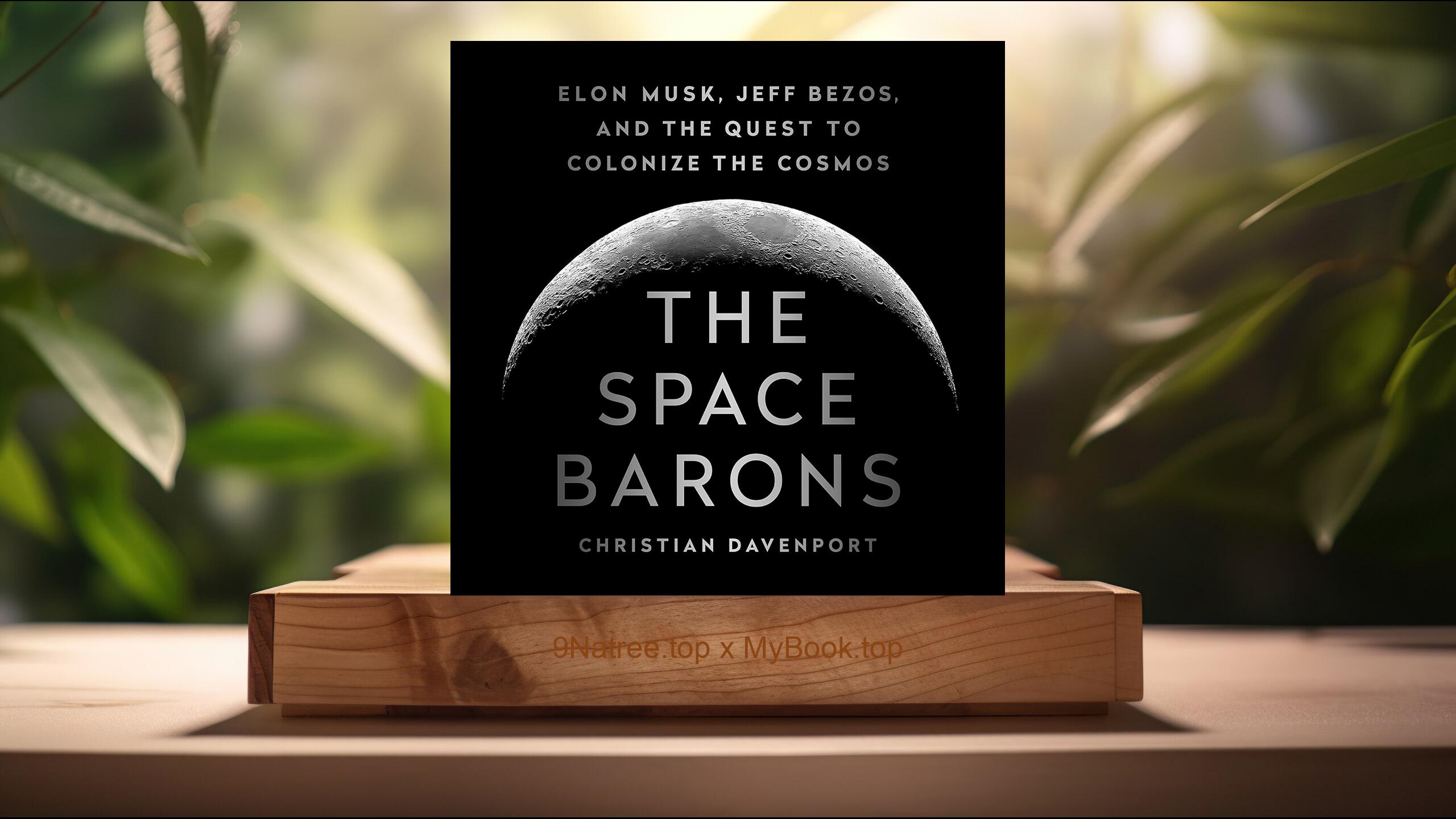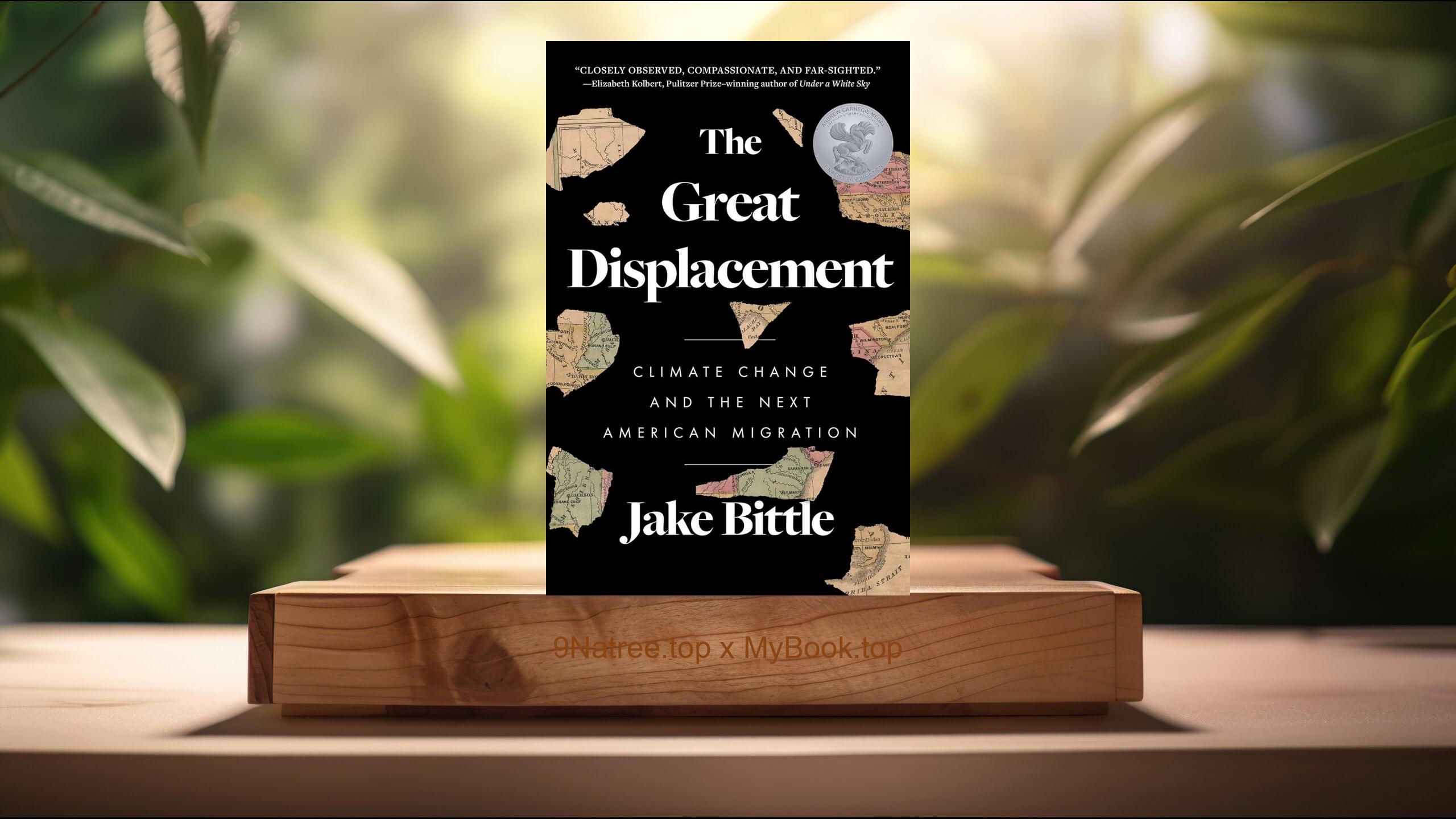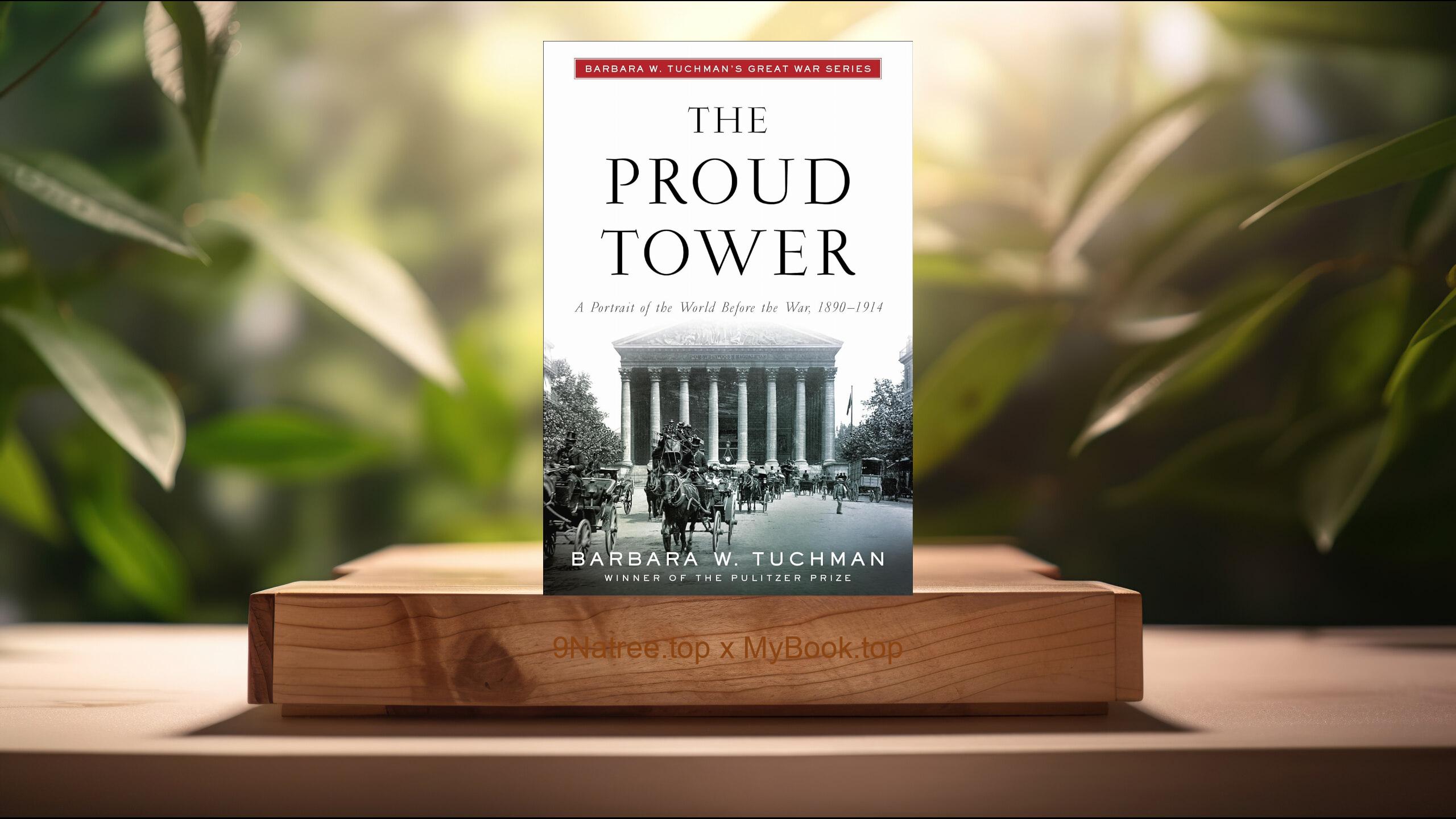Show Notes
- Amazon USA Store: https://www.amazon.com/dp/B0CCF54NL1?tag=9natree-20
- Amazon Worldwide Store: https://global.buys.trade/A-Short-History-of-the-World-H-G-Wells.html
- Apple Books: https://books.apple.com/us/audiobook/a-short-history-of-the-world/id1653119128?itsct=books_box_link&itscg=30200&ls=1&at=1001l3bAw&ct=9natree
- eBay: https://www.ebay.com/sch/i.html?_nkw=A+Short+History+of+the+World+H+G+Wells+&mkcid=1&mkrid=711-53200-19255-0&siteid=0&campid=5339060787&customid=9natree&toolid=10001&mkevt=1
- Read more: https://mybook.top/read/B0CCF54NL1/
#HumanCivilization #WorldHistory #HGWells #CulturalTransformations #TechnologicalAdvancements #AShortHistoryoftheWorld
These are takeaways from this book.
Firstly, Evolution and Early Human Societies, Wells begins his narrative with the origins of the Earth, the development of life, and the progression of human societies from nomadic hunter-gatherers to settled agricultural communities. This section delves into the emergence of towns and cities and the subsequent development of trade networks. Wells emphasizes the significance of agriculture in establishing permanent settlements and creating a surplus, which in turn allowed for the division of labor, the rise of specialized crafts, and the inception of trade and economy. The evolution of early societal structures, including the transformation from matriarchal to patriarchal societies and the establishment of the first ancient civilizations in Mesopotamia, the Indus Valley, and along the Nile, is thoroughly explored.
Secondly, The Birth of Empires and the Classical Age, This topic explores the rise and fall of the first great empires, such as the Persian Empire, as well as the development of classical civilizations in Greece and Rome. Wells discusses the importance of democracy in Athens, the philosophical advancements of the Greeks, the military prowess of the Spartans, and the political and legal innovations of the Roman Republic transitioning into the Roman Empire. The influence of these civilizations on modern law, governance, architecture, and literature is examined in detail. This section also casts light on the social structure, daily life, and the eventual decline of these empires due to economic, military, and political pressures.
Thirdly, The Middle Ages and the Renaissance, Wells navigates through the complexities of the Middle Ages, focusing on feudalism, the role of the Christian Church, the Crusades, and the gradual emergence of nation-states. He captures the essence of the Renaissance as a pivotal period of rebirth in art, science, and culture in Europe, spurred by a rediscovery of Ancient Greek and Roman ideals. The transformative impact of the printing press on literacy, learning, and the spread of ideas is highlighted. The section scrutinizes the rise of powerful monarchies and the early stages of European overseas exploration and colonization, marking the beginning of the global interconnectedness that characterizes the modern world.
Fourthly, The Age of Revolutions, Wells covers the significant political and industrial revolutions of the 18th and 19th centuries, discussing their causes, main events, and outcomes. The American Revolution and the quest for independence from British rule is discussed alongside the French Revolution and its far-reaching implications for European monarchies and the rise of democratic ideas. The Industrial Revolution's radical transformation of society through advancements in technology, manufacturing, and transportation, leading to urbanization and social shifts, is analyzed. This era set the stage for modern economic systems and the social challenges they entail.
Lastly, The 20th Century and Beyond, Wells, writing in the early 20th century, speculates on the future trajectory of human civilization with a cautious optimism. He examines the impact of scientific and technological advancements, the struggle for civil rights, and the complexities of global politics. Though his perspective is limited by his time, Wells’ insights into the potential for human progress, the importance of education, and the necessity for global cooperation remain relevant. The challenges of war, poverty, and inequality are acknowledged as obstacles that need to be overcome for a peaceful and prosperous global society.
![[Review] A Short History of the World (H. G. Wells) Summarized](https://episodes.castos.com/660078c6833215-59505987/images/2011817/c1a-085k3-mk41v9v8a0z-t0tt4n.jpg)




